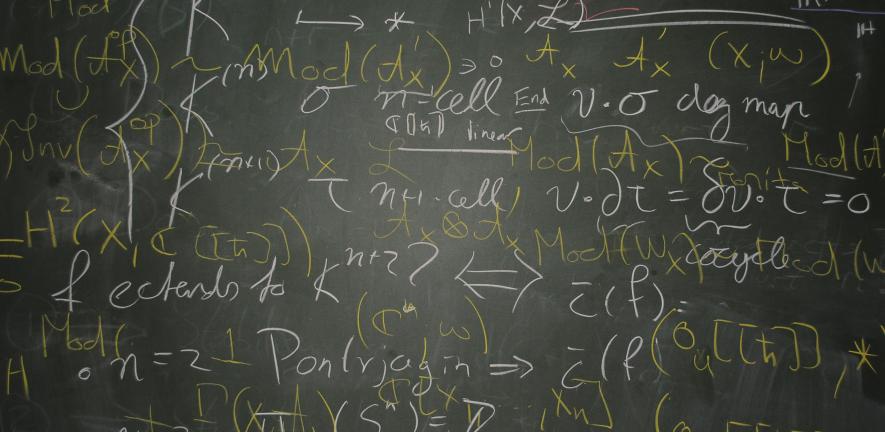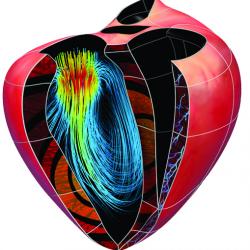
Convincing scam alert
We have been made aware of a convincing email scam that is focusing on our events at the Newton Gateway and at Isaac Newton Institute Programme and Workshop participants. Participants may receive an email from a firm called Expo Hotel Services (ehotelservices.org) or Traveller Point (travellerpoint.org) to arrange accommodation for workshops and/or programmes. This might include a request to provide them with credit card information.
Please note, INI or the Newton Gateway to Mathematics will never ask for your card details. We take all payments via the University of Cambridge Online store https://onlinesales.admin.cam.ac.uk/.
If you have been contacted by this company please contact us as soon as possible.
---------------------------------------------------------------------------------------------------------------------------------------------------------------------------------------------------------------------------------------------------------------------------------------------------------
Newton Gateway Events
The Newton Gateway to Mathematics delivers activity across a broad range of sectors and engages in partnership with the users of mathematics - academics from other disciplines, those from industry and the public sector.
Activities are bespoke and may originate from the need to address a specific technical issue or look for a better solution. Alternatively, they could be in response to the need to obtain ideas for next generation solutions from mathematicians involved in frontier research.
Activities take a number of forms:
- Events - workshops and consultations
- Training programmes
- Short to medium-term research programmes
- Projects
The Newton Gateway delivers Open for Business knowledge exchange events on behalf of the Isaac Newton Institute. These are specifically designed to bring together industrial, commercial and government organisations with mathematical scientists and can be run as part of an ongoing research programme, or as an independent event.





